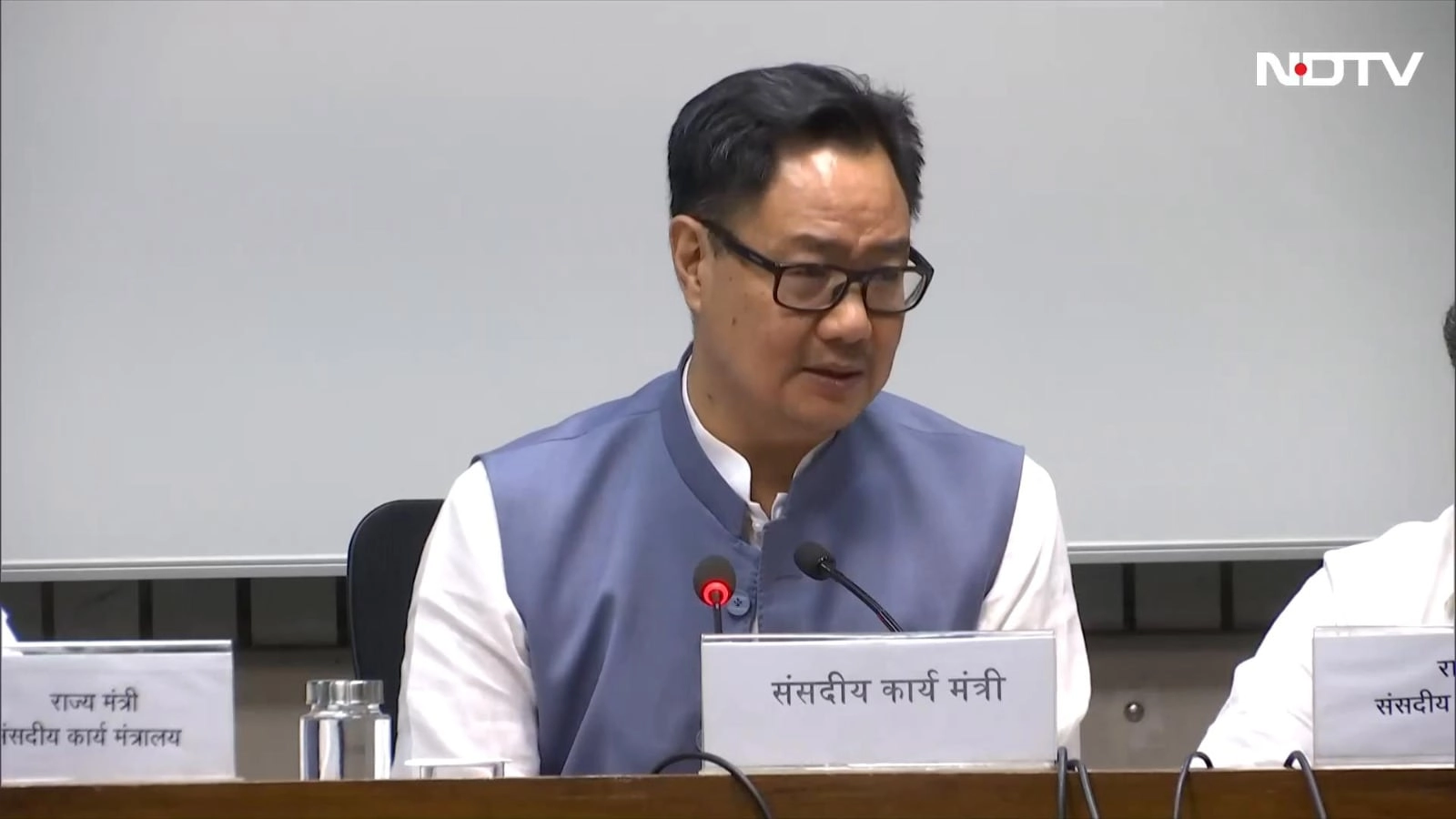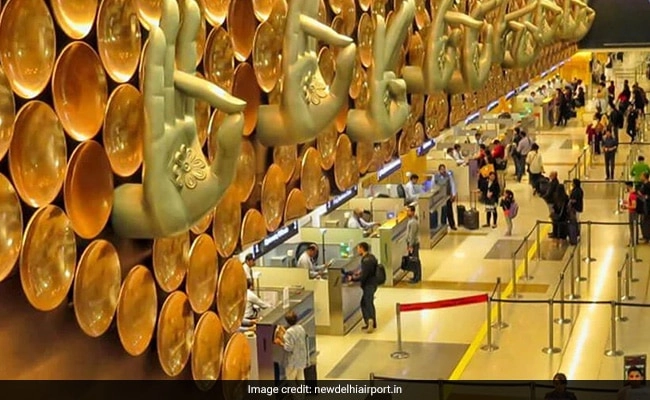In a recent political discourse, Kiren Rijiju, the Union Minister of Law and Justice, directed sharp criticism toward Sonia Gandhi, the former president of the Indian National Congress. Rijiju’s remarks were significant, focusing on the concept of “history” and the implications of bulldozing, which he suggested were emblematic of the Congress party’s approach to governance. This statement came in light of ongoing debates regarding the legacy and impact of various political decisions made by past administrations. Rijiju’s comments appear to reflect a broader narrative within the ruling party that seeks to redefine historical achievements and address perceived missteps by the opposition.
Rijiju’s choice of words—specifically the term “bulldozing”—carries a heavy connotation, suggesting a forceful, perhaps undemocratic approach to political maneuvering. This term resonates within the context of contemporary political strategies where aggressive tactics are sometimes employed to achieve legislative goals. By invoking this imagery, Rijiju not only critiques Gandhi’s leadership but also positions the current government as a more transparent and accountable alternative. This rhetorical strategy aims to engage voters by framing the ruling party as committed to a more participatory and inclusive form of governance.
The timing of Rijiju’s comments is crucial, as they come amidst a politically charged atmosphere in India, where the opposition is rallying to challenge the incumbent government. His remarks may serve to solidify the BJP’s narrative that seeks to distance itself from the legacy of the Congress party. By highlighting what he perceives as historical failings of the opposition, Rijiju aims to galvanize support for his party’s initiatives and policies, thereby reinforcing the notion that the BJP is the party of change.
In conclusion, Kiren Rijiju’s pointed remarks towards Sonia Gandhi reflect a concerted effort to reshape the political narrative in India. By focusing on themes of history and governance, he not only critiques the past but also seeks to bolster the current government’s standing among citizens. As the political landscape evolves, such exchanges will be pivotal in shaping public perception and influencing electoral outcomes in the future. The interplay between history, governance, and political rhetoric remains a crucial facet of India’s vibrant democratic process.




